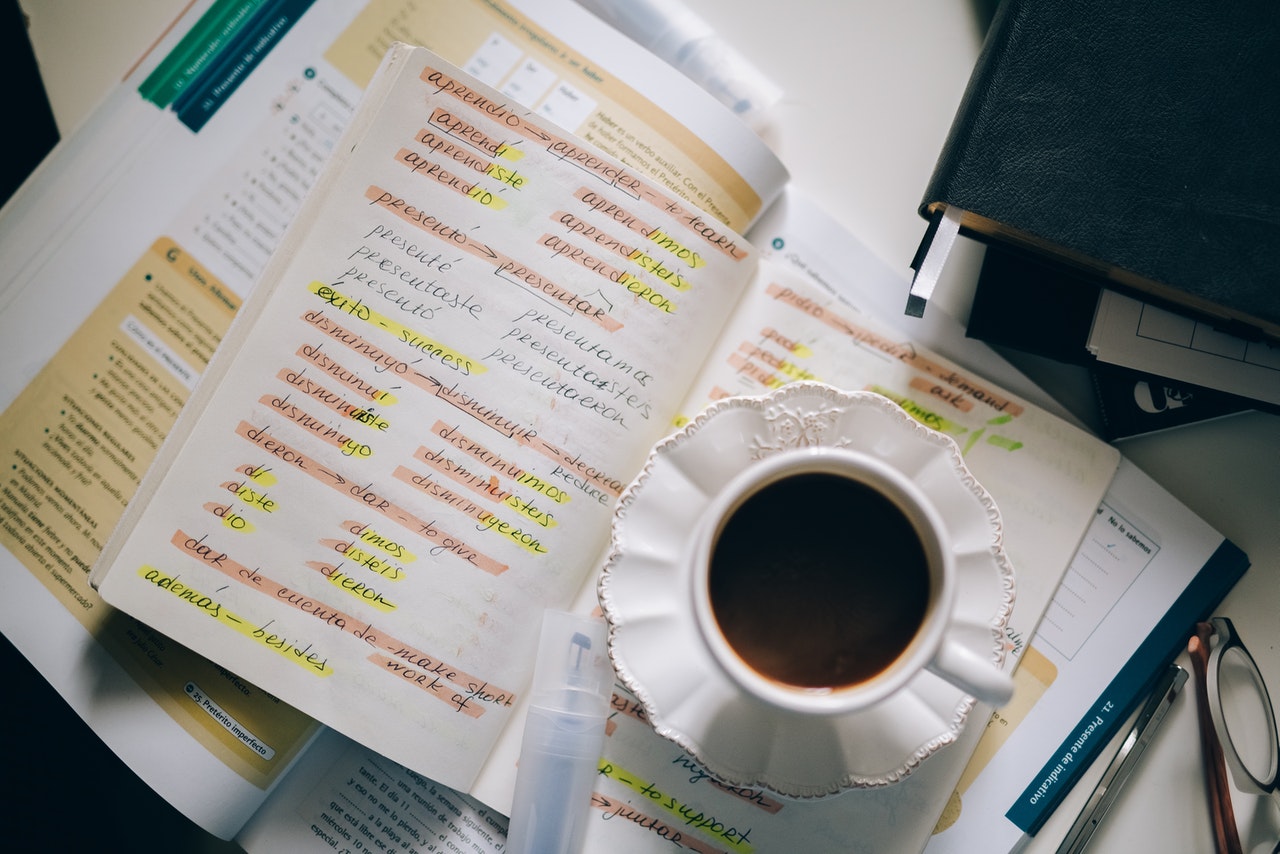
Learning foreign languages is not only about having another thing to put on your resume – though it might boost your chances of getting hired so much. It’s also about getting more freedom to travel and discover the world, experience new customs and cultures, communicate, grow, and develop. Some people dedicate their lives to studying various languages, even the ones that are now not commonly used, and are successful at learning fast and without any tutors. If you would like to learn a new language, you will definitely enjoy our quick and easy tips.
Be Consistent
If you have a busy daily schedule and you need to squeeze some new classes in, you will inevitably face the need to prioritize. It all depends on whether you are about to learn a language with a teacher or on your own, online or offline, with a particular purpose and deadline or for your own development. Bur in order to learn a new language fast, you need at least half an hour each day to spend studying. Create a schedule and try to find the most appropriate time for your language lessons and rehearsal practices. It can even be a quick 15-minutes long new words rehearsal before bed. But if you are consistent and don’t put your studies away, you will see progress very soon.
Set Goals
Setting goals is crucial when you are learning a new skill or a new language. It helps you stay motivated and understand why you are doing it. Remember to set not only long-time but also short-time goals, like finishing another module until the next Friday to keep up with your schedule and celebrate small victories.
Practice as Much as You Can
The more you dive into the learning process and implement constant practice into your daily life, the better results you get. Whenever you are learning new words like “apple,” “milk,” “bus,” etc. try to use them whenever you see the object at least by saying them to yourself. It helps you memorize words better and it’s as effective as sticky notes on your espejo – mirror. The earlier you start to speak, even if it feels awkward and weird, the more you get used to it and the better your pronunciation will be.
Don’t Multitask
When it comes to learning languages, sometimes you might be too excited about it and would love to learn a few at a time. However, it’s not that good for your brain. You need to focus on one language and avoid multitasking. It’s hard enough to learn one new language, moreover when you get mixed words from two languages or more in your memory. Be sure to have a separate time when you are practicing a foreign language and stick to your schedule.
Don’t Bite More Than You Can Chew
Another wise tactic is to go step-by-step without trying to consume large chunks of information at once. You need to start slowly and work your way through the alphabet and easy short dialogs to understand the basics. Once you feel confident about the basic phrases, you can work on your spelling and pronunciation with the help of audio lessons or tutors.
If you still find it hard to remember the right word, try to implement more into your daily life, as well as rehearse information from the past lessons. Make sure you go through the material a few times the next day after you learn it, then again after three days, seven days, two weeks, and a month. This pattern will allow you to train your memory, refresh the material in your head, and avoid forgetting.
RWT
The basic rule that will allow you to really learn the language fast is the “RWT” rule which stands for “read-write-think” in a foreign language as much as you can.
It was said earlier that you should implement language into your daily life, for example, you can name the objects or count to learn and remember new words. Another step is to maximize the time you interact with a foreign language throughout the day. You should keep your goal in mind and stay motivated to do that.
Basically, you need to learn how to focus on the language while you are learning. Try to phrase your thoughts, at least partially, using the words you have learned. Read some short articles in foreign languages – even if your vocabulary is small, you will still get used to the sentence structure and the basic phrase chains that will be easy to memorize. Don’t skip writing exercises as they help you boost memorization too – the word that is read and written can be memorized better than the one which is only read.
Wrapping Up
If you have a goal and work to achieve it, you surely are capable of making learning fun and productive. Be sure to study consistently, implement language into your daily routine, and practice as much as you can. We hope you find out tips on how to learn a foreign language fast useful. We wish you great results and the best of luck!